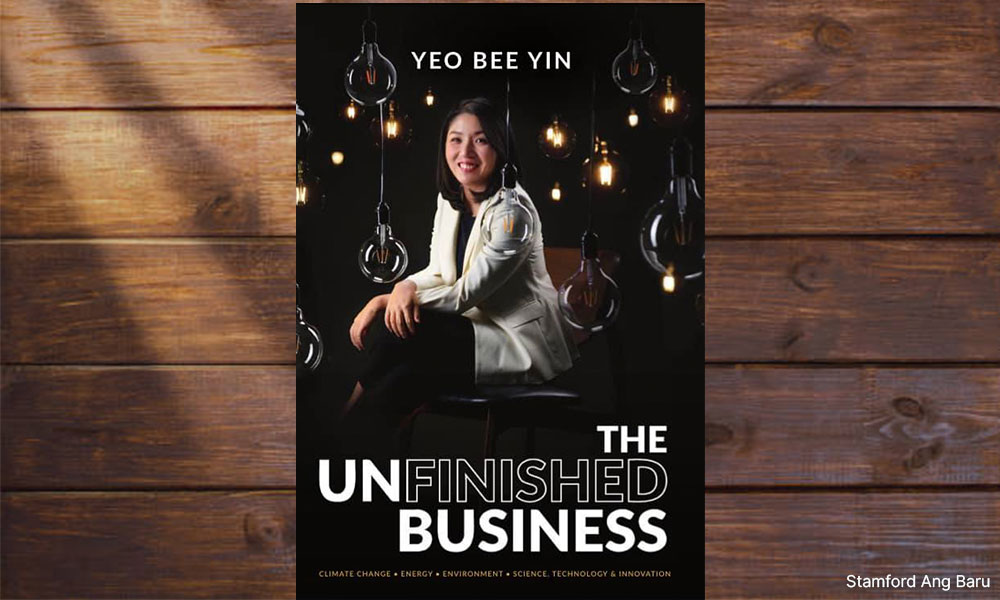High and powerful cables may be a key structure of Malaysia’s electricity supply chain, both in its literal and metaphorical sense, as discovered by former science, technology, environment and climate change minister Yeo Bee Yin.
Yeo, in her soon-to-be-released book, revealed how problems of increased electricity tariffs were linked to the direct award of independent power producer (IPP) contracts beyond the optimal capacity required to meet maximum demand.
“When properly awarded through open tender, IPPs help reduce generation costs by allowing the most competent private company to generate electricity.
“It is the direct award of IPPs, especially beyond the optimal capacity required to meet maximum demand, that will cost consumers dearly,” she said in the book titled ‘The Unfinished Business’.
An IPP is an entity that owns and operates facilities to generate electrical power for sale to utilities, for example, Tenaga Nasional Berhad in Peninsular Malaysia.
During her 20-month stint in office, Yeo said she had to deal with new requests and leftovers from BN’s legacy of directly awarding IPPs with contracts to supply electricity.
As her ministry continued to implement open bidding for IPP contracts, Yeo said she faced pressure from “high cable” lobbyists seeking a direct deal.
“One of the most memorable encounters with IPP lobbyists was a particular group with ‘very high cables’ that persistently demanded a direct IPP award for a 250 Megawatt (MW) large-scale solar project (LSS),” said the Bakri MP.

Yeo said bids for the solar projects were opened as part of the ministry’s new target to increase the share of renewable energy to 20 percent in the electricity generation mix by 2025.
“We also set a policy that each company can only bid for 100 MW in each round of LSS bidding to make LSS bidding a stepping stone for more local players to grow.
“To put things into perspective, this group demanded a direct award for a project 2.5 times larger than the maximum capacity set for open bidding,” wrote Yeo.
Labelled ‘Anti-business’
Following her rejection of their demand, Yeo said the group had painted a negative picture of her to their “high cable” - that she was being “anti-business” in turning down their demand that could bring in foreign direct investments.
She went on to dismiss their claims as being absurd, pointing out that other companies that were awarded the solar contract were equally capable of attracting foreign investors.
“Not only that, the open tender winners also offered the most competitive price for electricity sold to the grid,” she said.
Yeo said the group had also turned down her subsequent offers to participate in the ministry’s renewable energy target through other means.
For example, she said the group declined participation in the New Enhanced Dispatch Arrangement, under which companies would build power plants at their own risk without a power purchase agreement.
The arrangement will see each company bidding to offer the lowest price at a particular time, and those successful will dispatch the energy generated and receive payments.
“Of course, this group adamantly declined to do so.
“In short, this group wanted a risk-free solar IPP award. They tried every trick in the book to get me to give in, but I just could not bring myself to do it,” she said. - Mkini



No comments:
Post a Comment
Note: Only a member of this blog may post a comment.